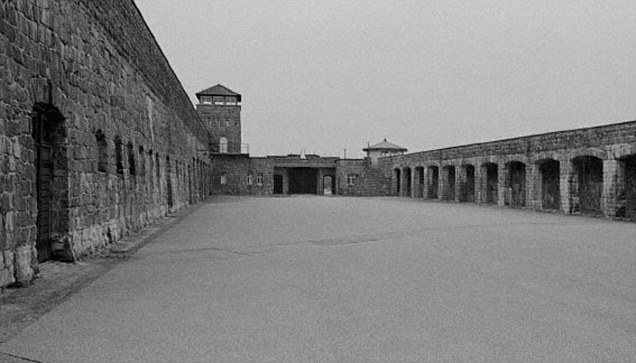If they succeed in finding the hidden lab, it would finally show us how close the Nazi came to creating a nuclear weapon and maybe also win World War Two. Researchers are currently excavating a series of tunnels and rooms underneath the Mauthausen-Gusen concentration camp, near Sankt Georgen an der Gusen.
The place has caught the attention of historians and all of those interested, after unusually high radiation levels were noticed there, although some experts say it is possible that the concentrations are natural. No matter what they will find in the end, the local authorities want this process to be carried out and the mystery to be solved.
The 45,000-square-metre network of tunnels, were at first used as a secret aircraft production factory. During the last 10 years, a government-owned company has pumped concrete into the tunnels to make them a little safer and now, the same company is drilling them out.
The underground manufacturing plant was used by the Nazis to make parts for the ME 262 jet fighter, the very first operational machine of its type, and it was protected by Allied bombing. The network of underground tunnels was build by slaves and up to 320,000 prisoners lost their lives inside the concentration camp or were killed in the gas rooms, the Forbes News reports.
Andreas Sulzer, a documentary film-maker from Austria insisted that the Mauthausen-Gusen is hiding a top secret scientific lab underneath the concentration camp, information which led to the decision to re-open the tunnels and find out whether the Austrian film-maker is right on not. He said that for the last two years he has been working on a film about a scientist named Viktor Schauberger, who he believes was “involved from 1941, under the strictest secrecy, in St Georgen on SS research projects. He warned colleagues in letters that he was involved in ‘atom smashing’.”
One of the people who visited Mauthausen-Gusen the most was Heinrich Himmler, the SS chief, at a time when this particular concentration camp was also one of the largest and most confidential labor camp, raising concerns that nuclear research was conducted inside the camp. The film-maker brings even more evidence with some blueprints he has and which show a secret 20 km section of tunnels, believed to have been build in 1944 by 272 prisoners.
Other records he studied for his film show that the camp’s inmates included a very large number of physicists and chemists.
//
